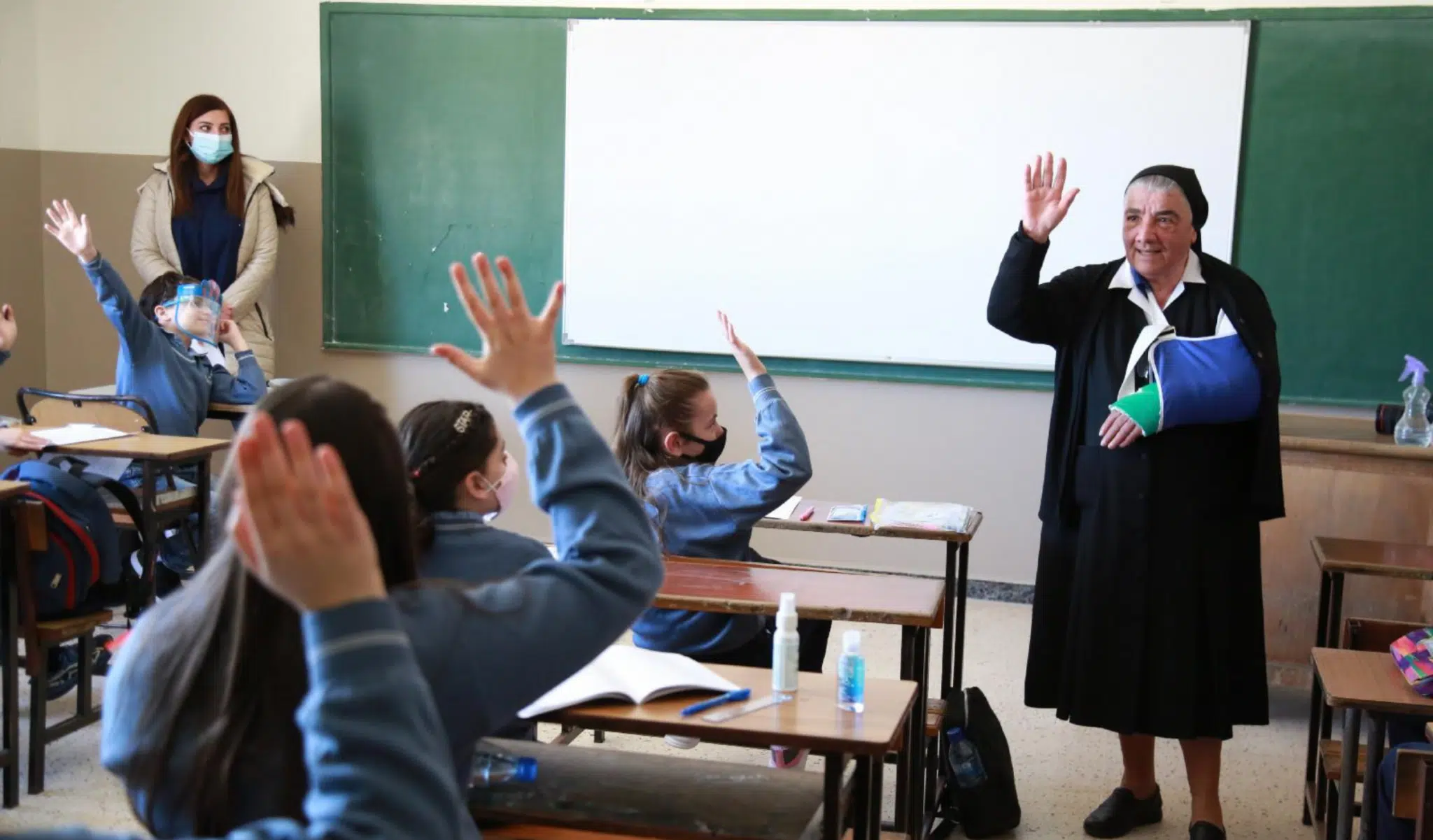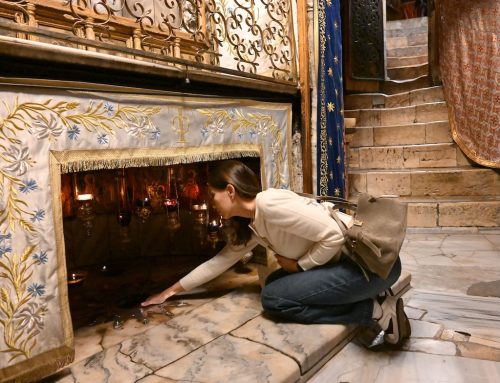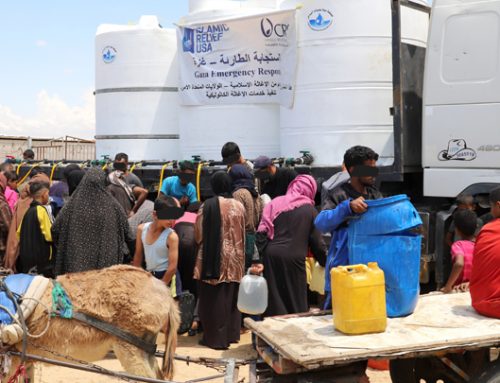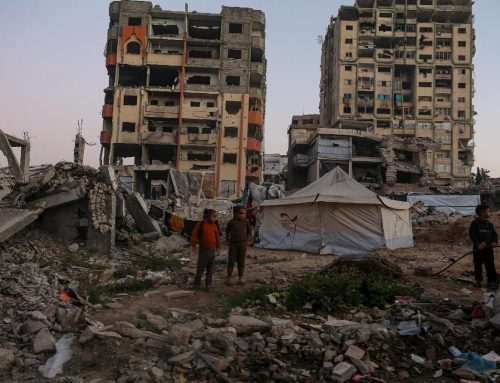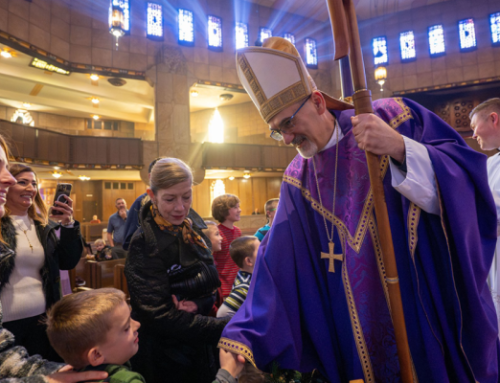The times when Lebanon was the symbol of excellent and advanced education in the Middle East are long gone. The Land of the Cedars is sadly losing an entire generation of students and professors.
Education denied
In September, all the boys and girls in the world should finish their last homework, buy cases and diaries, return to class and face a new school year with classmates and teachers. In Lebanon all this will not happen. According to humanitarian education agencies, last year, at least 700,000 of the 2 million school-age youth could not go to school. This is the second year in a row that it denies the right to education to many children.
In the past, families resorted to alternative solutions when they were in economic difficulties, for example by transferring their children from private to public schools. Today this solution is no longer viable, since public schools are not yet able to guarantee openness. After three years of poor schooling, the Ministry of Education has not presented school recovery plans to date.
Between 60 and 70% of Lebanese students attend private schools, which will open next week. However, they too are increasingly powerless and are forced to increase fees to pay the salaries of teachers and school employees in dollars (cash).
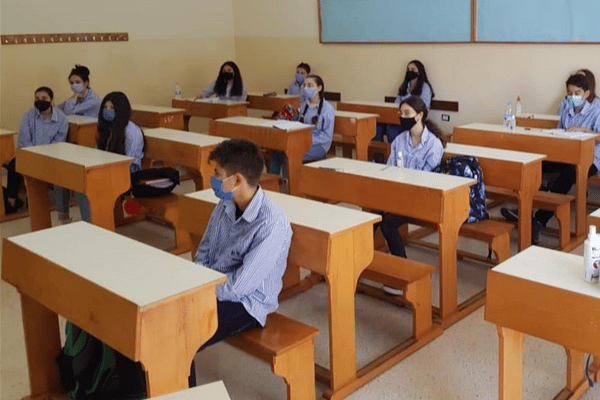
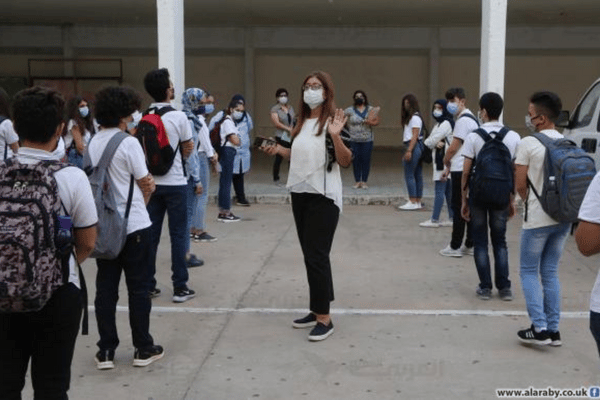
An unprecedented crisis
It is not easy to give official data on early school leaving in Lebanon, but it is certain that the rate has never been as high as this year, and according to a recent UN report, about 12% of all Lebanese families have had to withdraw their children from school to send them to work. For the many refugee children, the issue is even more thorny, since bureaucratic barriers make education more inaccessible.
Each party involved accuses each other: parents blame schools, teachers blame the administration, the administration accuses the ministry, and the ministry blames the unknown. But it is the future of students that is at risk.
In the last academic year, enrollment in educational institutions has dropped to 43% and the causes of this collapse are numerous: the multiple crises that have characterized the country for at least 5 years, the Covid-19 pandemic, the explosion at the port in August 2020, and rampant corruption present in every layer of government. Every aspect of Lebanese life is affected by crises, but that of education is unprecedented.
The effect for public schools
In some neighborhoods, the rate of child labor has risen to 45%. And to think that primary education is compulsory according to Lebanese law, which also prohibits the employment of children under the age of 16. But no one enforces it and families need as much income as possible.
The impact is resounding especially in public schools, hit by countless strikes by teachers who claim their rights. These strikes caused 50% of classes to be suspended in the 2021-2022 academic year, and public schools remained open for only 34 days until March 31.
The professors are exhausted and looking for other jobs to be able to provide for their families.
Recently the state has confirmed the impossibility of paying them the beautiful and the Ministry of Education is trying to find the necessary funds for the start of the school year with the donor countries. However, the latter no longer have confidence in the Lebanese government due to the levels of corruption known around the world.
Like everything in the country, education in private schools has become a luxury that only the wealthiest can enjoy.
Abandonment of students and professors
Even schools that had been classified as almost free have no choice but to increase tuition. To make a comparison, most public school teachers work on temporary contracts for $1.50-2.50 ($40,000-68,000 pounds) per hour, while teachers on permanent contracts typically earn $45 to $95 (£1.5-2.5 million) per month in primary and secondary schools. To this must be added the continuous delays in payments.
It is clear that the incomes of professors and teachers are no longer sufficient, especially at a time when the financial crisis is at its peak. The umpteenth problem to be faced is precisely the emigration of professors, which this year has reached 30%.
To adjust to the overall situation and have more dollars to pay teachers and overheads, schools need to raise tuition.
Now, in Lebanon, 80% of the inhabitants live below the poverty line and families are no longer able to bear the costs related to education. Costs that do not only refer to the fee, but also to transport, internet, backpacks and clean clothes. At the same time, many institutions cannot afford electricity, heating, basic school supplies and janitors’ salaries. Families belonging to the middle class also have to deal with a fee higher than the monthly income.
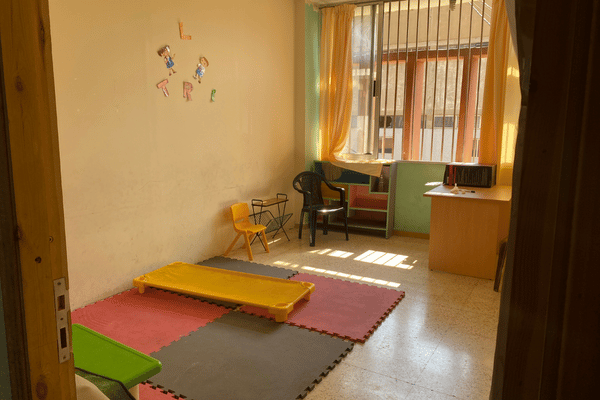
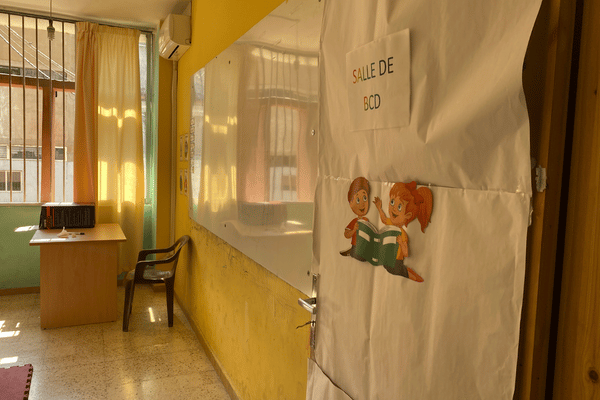
The efforts of Pro Terra Sancta
Pro Terra Sancta stands alongside the Lebanese people in Beirut, Tripoli, Tyre and Deir Mimas in the distribution of food, water, medicines, clothing and school supplies. To these distributions were added those of vouchers for diesel, essential to obtain heating and electricity, and medicines at a symbolic price.
Veronica Brocca

